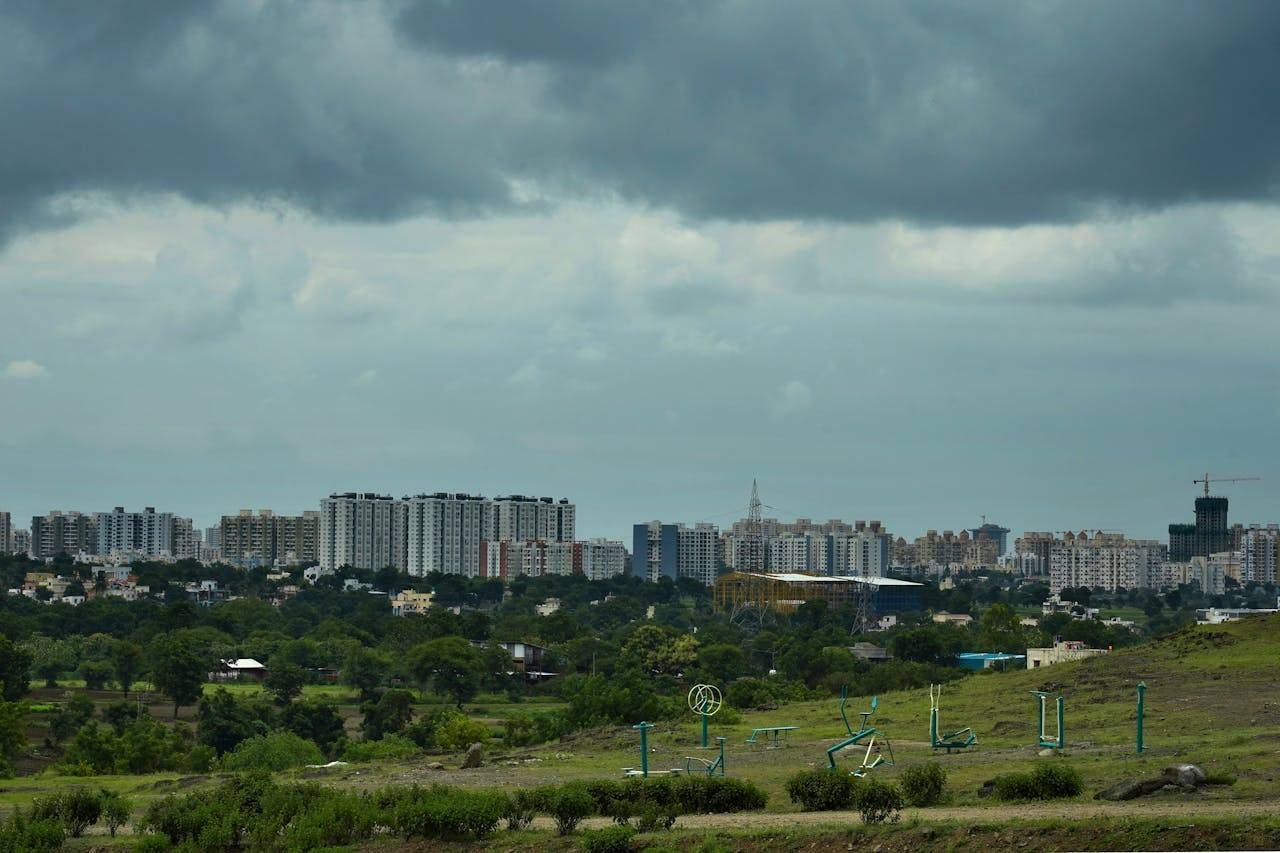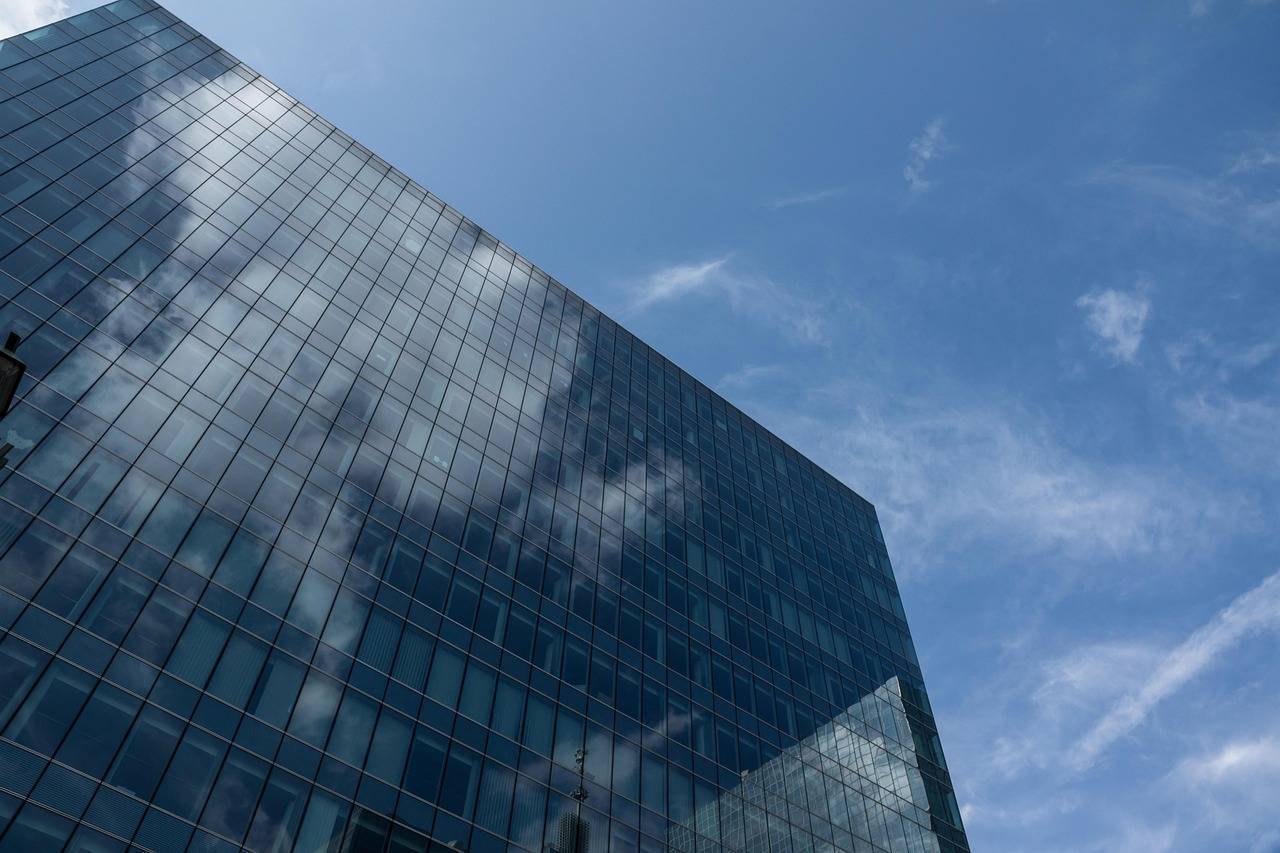Bengaluru's residential real estate market is set to register a 21 per cent growth in housing sales during the July-September quarter of 2025, according to data from PropEquity. Sales in this period are estimated at 16,840 units, up from 13,966 units in the same period last year.
PropEquity, a real estate data analytics firm, reported that sales of residential properties in Bengaluru are likely to reach 49,559 units during the January-September period of 2025, compared with 46,392 units in the corresponding period of 2024. Analysts attribute the growth to steady demand from genuine homebuyers and the city’s sustained appeal as a destination for multinational corporations and global capability centres (GCCs).
Despite a slowdown in overall housing supply, investments in Bengaluru’s residential sector have remained robust. Industry observers expect that the demand will stabilise, even if total sales remain slightly lower than the peak in 2023. The festive season is anticipated to provide an additional boost in the fourth quarter, potentially closing the year on a strong note for developers.
Historically, Bengaluru’s housing sales have shown a gradual recovery following the COVID-19 pandemic. In 2020, sales were recorded at 34,480 units but rebounded to 43,181 units in 2021 and 60,391 units in 2022. The city reported 61,116 units sold in 2024, slightly down from 66,600 units in 2023, reflecting a period of market correction after rapid growth in previous years.
Industry experts highlight that Bengaluru’s residential growth is largely driven by end-users, particularly professionals in the IT sector and startups. Karishmah Siingh, President of Sales, Marketing & CRM at Sattva Group, noted that the city’s residential boom is underpinned by long-term sustainability, with demand supported by employment opportunities, infrastructure improvements, and lifestyle factors.
Micro-markets across Bengaluru are witnessing transformations into high-growth urban centres, bolstered by enhanced connectivity and government-led infrastructure projects. Umesh Gowda H.A, Chairman of Sanjeevini Group, observed that the city’s housing demand is fueled by end-users seeking quality homes, while Ramji Subramaniam, MD of Sowparnika Projects, attributed the growth to Bengaluru’s IT ecosystem, favorable climate, and cosmopolitan culture.
Developers have also noted that plotted developments and second-home farm plots are becoming increasingly popular, offering the middle class greater flexibility to build personalized spaces. Rohit Maroo, Executive Director at ORA Realty, stated that expanding city limits and rising urbanisation have contributed to steady appreciation in land values across emerging corridors.
Despite Bengaluru’s growth, PropEquity data indicates that total housing sales across India’s top nine cities are projected to decline by 4 per cent in the July-September 2025 quarter. The decline is primarily attributed to lower demand in Mumbai and Pune, with total sales estimated at 1,00,370 units during the period, compared with 1,05,081 units in the same quarter of 2024.
As Bengaluru’s residential sector continues to attract investments, developers are focusing on mid- and high-end housing, while plotted developments gain popularity among retail buyers. Analysts expect that a combination of sustained IT-sector employment, cosmopolitan appeal, lifestyle offerings, and infrastructure growth will continue to support residential sales through the remainder of 2025.
The city’s housing market demonstrates resilience despite cyclical challenges, with end-user demand remaining a critical driver. Developers and investors are closely monitoring sales trends, while policymakers seek to maintain regulatory clarity to encourage further growth.









.png)